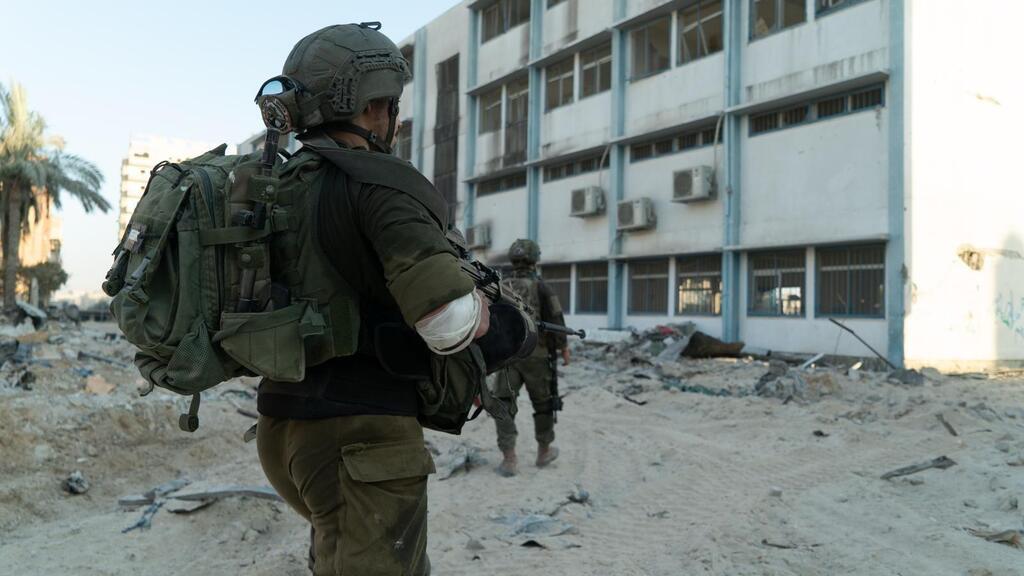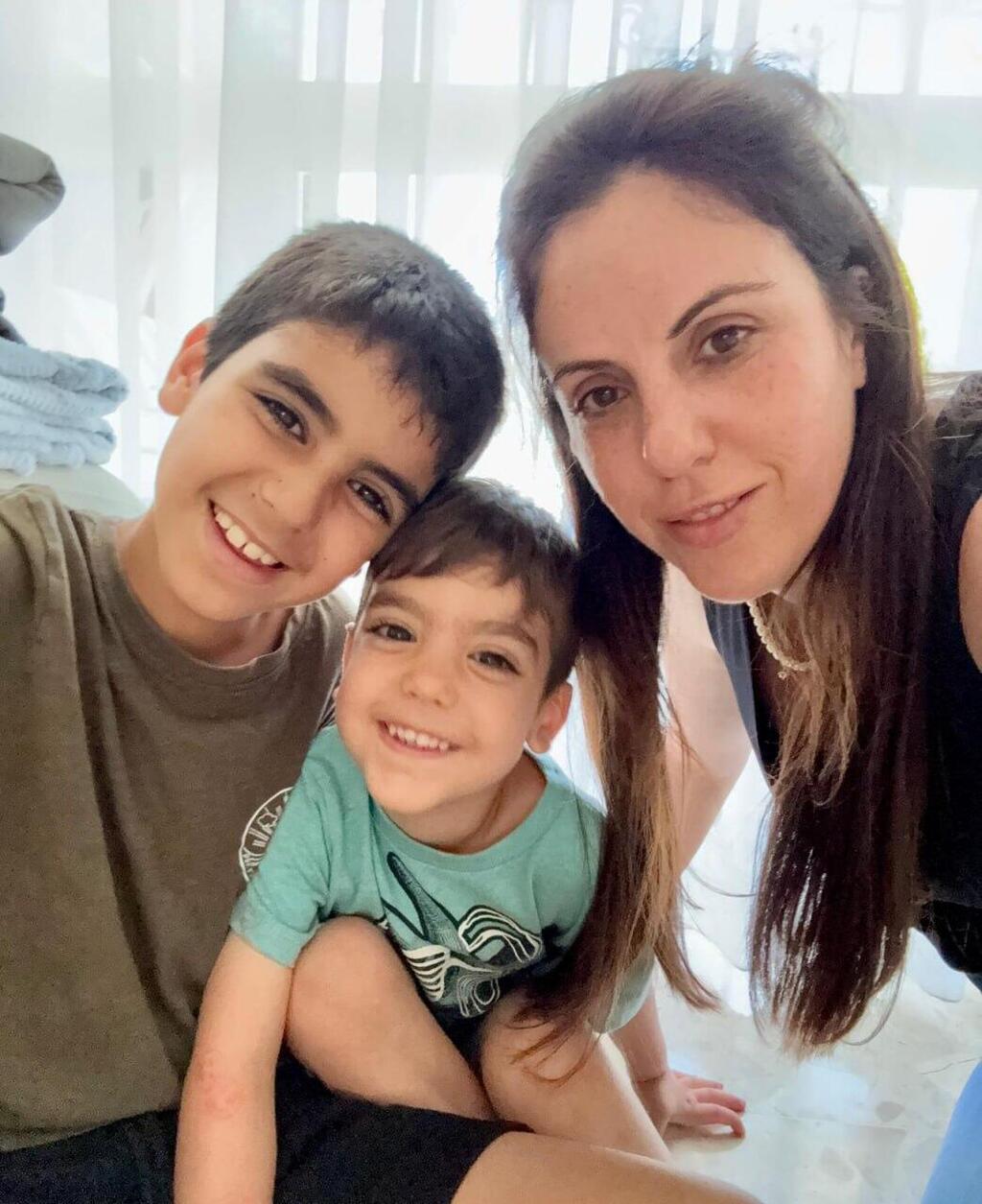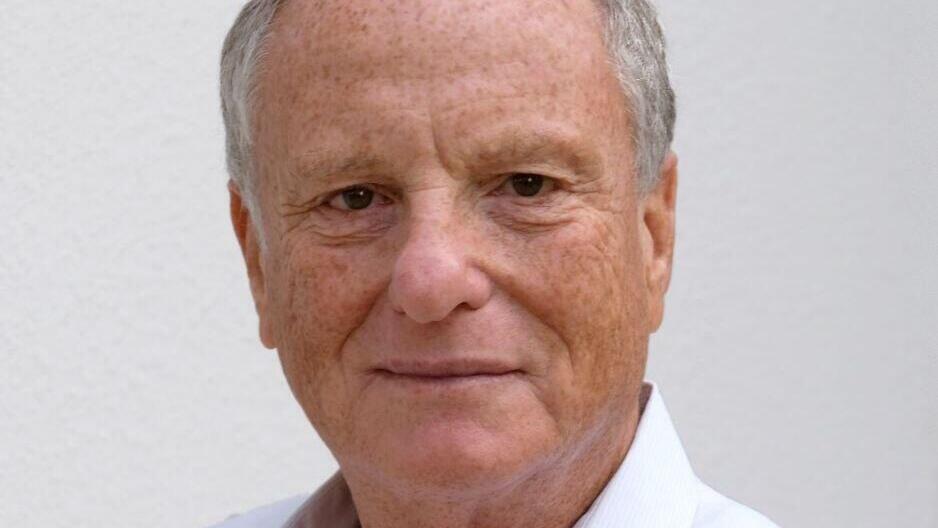Getting your Trinity Audio player ready...
Since the October 7 massacre, Dalit Nalkan’s husband has been called up for three rounds of IDF reserve duty. “He was supposed to finish his last round on June 26, but they informed him it would be extended by a month,” Dalit says.
“We’re collapsing, there are days when I can’t pull myself off the couch. You’re in this hell for four months, so thankful that it’s over, and then you enter it again. And people don’t understand that each time, our lives are put on hold,” she added.
The government’s decision to advance the Defense Ministry’s proposal to extend IDF reservists’ exemption age and the law exempting the ultra-Orthodox community from enlisting further challenged the partners of those bearing the military burden during the war.
Dalit described her difficulties. “I can’t work when my husband is in a war zone. I can’t get up, I can’t breathe.” The economic burden borne by reservist families is increasing alongside the mental toll. “I left my job and became self-employed a year ago,” she said. “Before the war started, I had a few projects coming in. The aid fund doesn’t compensate me because I can’t prove my losses.”
She added, “That’s nothing. My husband is also self-employed, he does maintenance work on high-rise buildings. Out of seven buildings he regularly worked for, he’s now left with three. We’re in severe debt right now. I keep asking myself what will happen next?”
Although the Defense Ministry’s proposal to extend the exemption age for reservists was presented to ministers on Friday, it ultimately wasn’t discussed by the government. The proposal is essentially an extension of a temporary provision that was set to expire at the end of June.
The same proposal “temporarily” raised the exemption age until the current month, and the government sought to extend its validity until the end of 2024 (and it can be extended again and again thereafter).
'Our entire household is under mental strain'
“We no longer have any resilience, our entire household is under mental strain,” Nalkan said. “We have two kids, one in first grade and the other began attending kindergarten this year. They have no routine, they constantly miss their dad. My son goes to school with his dad’s dog tag and combat pin. My daughter just wants to stay home all day.”
The enormous difficulty for reservist families finds them coping with battles both on and off the battlefield. “Raising the exemption age? Why? What will it achieve besides wearing us down even further and exhausting our already depleted forces?” Dalit wondered.
“It’s more than just disrespecting us; it's disrespecting the country’s security. Just as they didn’t listen to the female lookouts before October 7, they’re not listening to the women who say the reserve system is collapsing, that families are collapsing.”
Hagar Chen-Tzion, a mother of two, left her job due to the ongoing war and her husband’s reserve duty. “I worked as an executive assistant at the Hazor HaGalilit Regional Council for two years, but couldn’t meet the job’s demands because of the war,” she said. “My children were shaken when their father disappeared on October 7, and although they’re very young and don’t understand what fighting means, they feel the worry in the air. So, I felt the need to be more present at home, both physically and emotionally.”
Hagar’s husband finished his second round in Gaza two days ago. “He has completed over 200 days of reserve duty, and that has a lot of implications for our home,” Hagar described. “But it must be said that there is also an impact on the women here. In other words, women have literally returned to the kitchen now, they’re paying the price. I’m currently not eligible for unemployment because I resigned, but what worries me now are the long-term implications - I don't know what the consequences of this period will be on my future roles."
“It’s 2024, we have careers and our husbands are active partners in what goes on in our households,” said Adi Langer-Shabat, whose husband has been on reserve duty since the war began. “It's very tough. Beyond the fact that it’s impossible to plan anything, it’s like living in crisis mode, in uncertainty and constant worry. I’m always trying to manage everything and get it all done - to hold a career, take care of the house, the family, the children - and all on my own.”
Adi’s husband is expected to serve over 300 days of reserve duty this year. “He served since October 7, 5 continuous months,” she shared. “They were supposed to have another round in July, but they received a call with just a few day's notice to head to Gaza and then to the north. It’s madness. These aren’t career soldiers, they have young children, they have a family, they have a job.”
“I have no choice but to be strong,” she added. “But when I got the call about his redeployment in Gaza, I broke down. I would never tell him ‘Don’t go,’ but I expect everyone who’s young, fit, and able to step up and contribute - to serve. I don’t want to call it a burden, I want to call it the right to serve, and we need more people under the stretcher. We have been in a state of war for a long time and we need more people to take part in it.”
'Now is the time to expand the circle of those serving'
Chen Arbel, CEO of the Reservists’ Wives Forum, said, “How can it be that while our homes have been mobilized for eight months - facing hardships, sleepless nights, and security and financial anxieties - the government seeks to promote, in a disconnected and painful manner, a conscription law that only adds more burden on the same group?
“We’ve reached the final stretch; now is the time to expand the circle of those serving, so we can all share the burden for the country we all choose and love. Everyone who’s fit should enlist without delay. It’s a great privilege to serve and protect our home, but the task is vast and heavy, and more recruits should take part."
Brigadier General (res.) Dr. Ariel Heiman, the IDF’s first Chief Reserve Officer, noted that reservists now are eager to serve, but warned this won’t continue indefinitely. "The burden is becoming increasingly heavy; reservists have families, studies, jobs, and their capabilities have limits," Heiman said.
"One can miss a year of studies, but not two. Families are left alone, and when the reservist returns, he needs to maintain his job and work even harder for it. This creates a tremendous burden on a relatively small group of reservists.”
The former reserve officer added, "Some in the military believe this is an inexhaustible resource and use it because they think the reservists will keep coming again and again. This is a very delicate act, and at some point, it’ll break, leading to lower attendance rates, with each finding reasons not to show up for reserve duty."
According to Heiman, one solution to increase the reserve force lies in maximizing the country’s recruitment potential. "We need to better utilize those who served in the reserves in the past and were discharged," he said. "Many reserve units were shut down, and people were discharged at an older age. Some were released from mandatory service and don’t perform their roles in the reserves. We need to train them."
However, Heiman added: "Another solution is, of course, drafting the ultra-Orthodox sector. This isn’t entirely feasible at the moment because it’s a long process. The ultra-Orthodox need to be drafted as soon as possible. The military must understand that it can’t continue to overburden the few who serve, work, pay taxes, and also serve 180 days a year in the reserves. The military doesn’t understand the damage it’s causing because reservists are being worn out."
Brigadier General (res.) Shuki Ben-Anat, who also served as Chief Reserve Officer, said, "The reserves will be relied upon much more in the coming years than in the past. The situation is very serious, and it requires urgent attention now. The Reserve Duty Law lacks a curtail provision that would allow the state to act freely and appropriately.
Ben-Anat criticized, "It’s unacceptable that there are people who don’t enlist. They don’t understand what resilience is and are living in a fantasy. As a result, there are tens of thousands of draft-age individuals who are exempt from service, and the state funds them more than it does a regular IDF soldier, which is unjust. We must enlist more during war. There should be a law for national military and civilian service.”
"If the situation escalates on the northern front, everything that happened from October 7 until now will be a prologue to what will happen there. The IDF can’t sustain a campaign in the north because it doesn’t have enough divisions and equipment,” he explained.
“The burden will fall on reserve forces. The political leadership needs to be replaced. The current leadership is disconnected, lacks national responsibility, and can’t place the reserve forces in the national spotlight."







